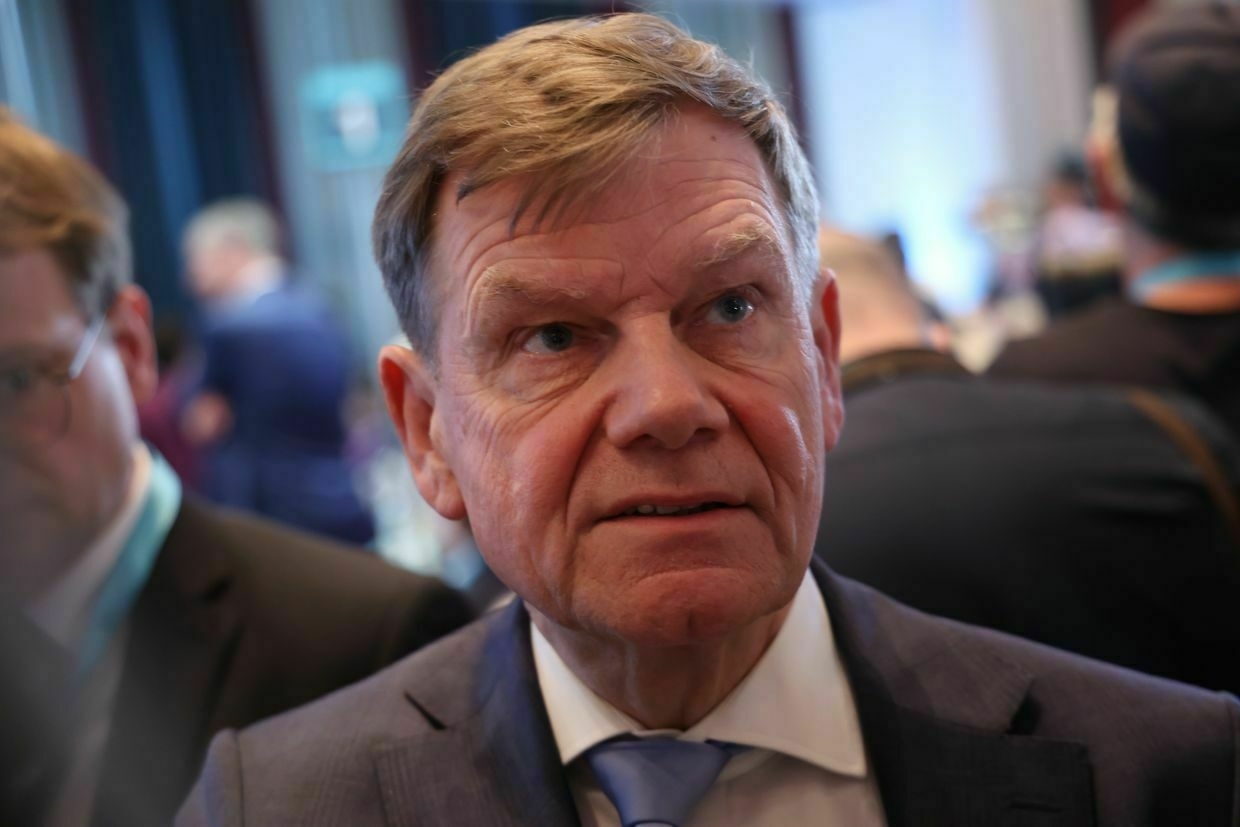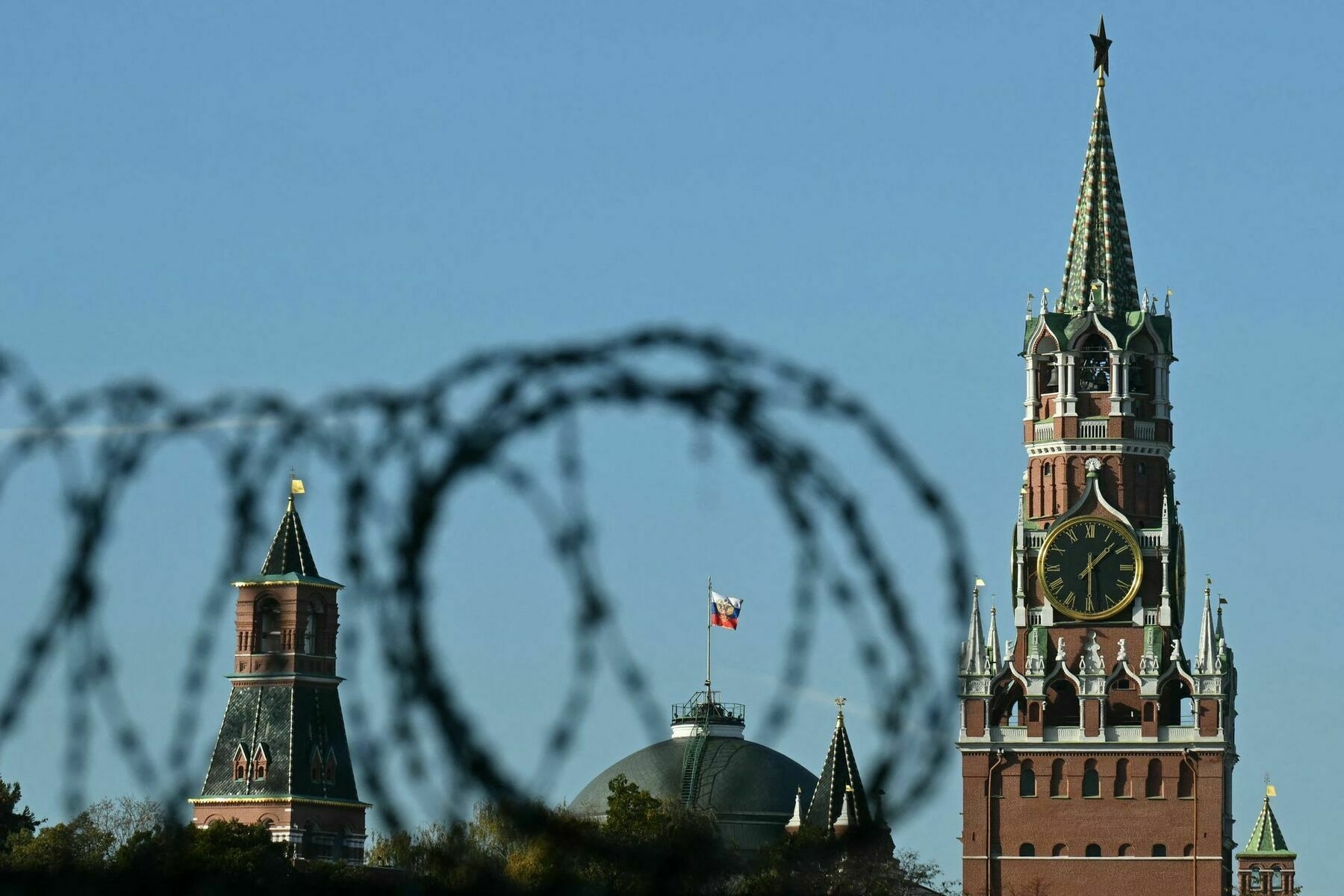
German Foreign Minister Johann Wadephul has announced stronger surveillance and additional sanctions targeting Russia’s so-called “shadow fleet” following suspected sabotage of underwater infrastructure in the Baltic Sea, Die Zeit reported on May 17.
“The threat has intensified over recent months,” Wadephul said. “Severed cables, disrupted signals, and suspicious vessels are of serious concern to us."
Recently, a series of incidents involved severed cables and disrupted signals in the Baltic Sea region. While U.S. and European intelligence officials have suggested some of the damage may have been accidental, some senior officials, argue that repeated disruptions cannot be explained by “poor seamanship” alone.
Wadephul said Germany and its allies are responding to hybrid threats in the Baltic region with increased patrols and renewed pressure on Russia’s covert shipping operations.
“Russia threatens all of us in the Baltic region,” he said. “We as residents, NATO and the EU are facing hybrid threats with all our might, including further patrol."
The so-called shadow fleet consists of oil tankers and other cargo ships used by Russia to circumvent Western sanctions, particularly in transporting oil. In recent months, suspected acts of sabotage linked to this fleet have drawn attention to vulnerabilities in undersea cables and pipelines, prompting intensified monitoring of maritime infrastructure.
Calling the fleet a “direct security threat,” Wadephul said the European Union will impose fresh sanctions on vessels enabling Russia to bypass restrictions. “This also helps Ukraine, because the shadow fleet moves oil every day that Russia sells around the sanctions,” he added.
On May 14, EU ambassadors agreed on the bloc’s 17th package of sanctions against Russia, primarily targeting its shadow fleet of oil tankers.
European Commission President Ursula von der Leyen welcomed the move, insisting it would “keep the pressure high on the Kremlin."
But outside the EU bubble, critics see it as another incremental move that fails to match the urgency of the moment, and behind closed doors, even EU officials acknowledge the package was watered down during negotiations.
The 17th EU package with Russia sanctions will be formally adopted on May 20 at a meeting of foreign ministers in Brussels.
 The Kyiv IndependentKateryna Denisova
The Kyiv IndependentKateryna Denisova
